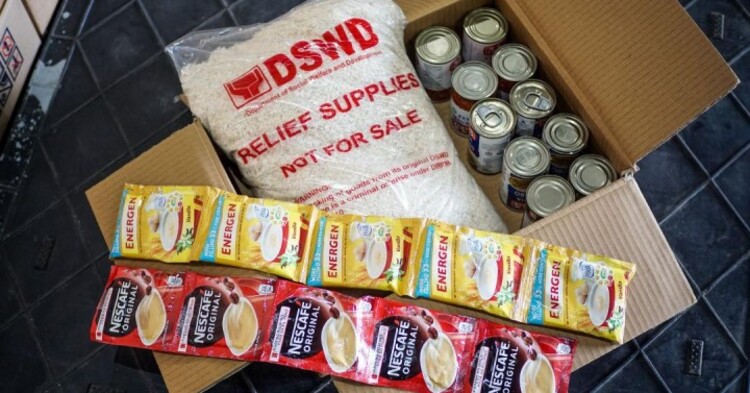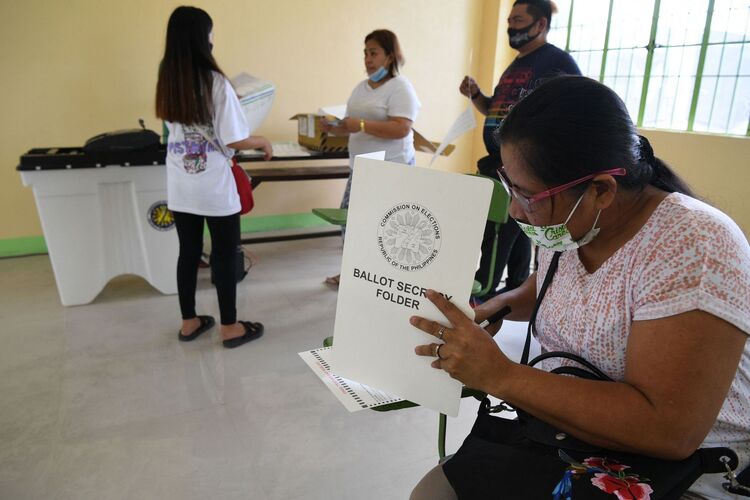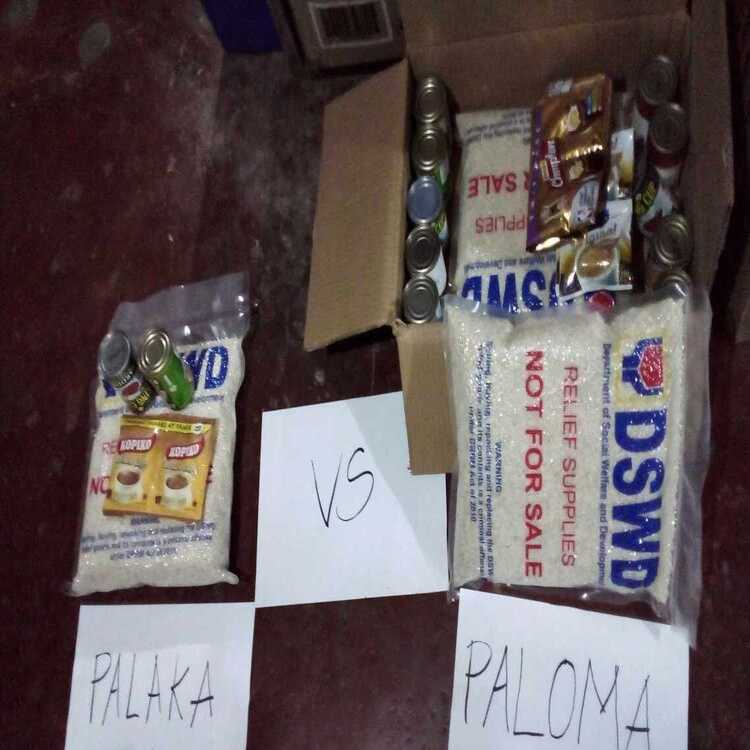The Philippines recently experienced the wrath of Typhoon Goring, which caused severe flooding in Panay Island and Negros Occidental due to the relentless southwest monsoon that brought two consecutive days of heavy rainfall. In response to the crisis, the Department of Social Welfare and Development (DSWD) swiftly extended assistance through local barangays. However, it was on social media that the nation turned its attention to the contrasting distribution of relief goods in two specific barangays: Barangay Palaka and Barangay Paloma in the town of Valladolid, Negros Occidental.

In a post, a concerned Netizen pointed out the stark difference in the quantity of relief goods being distributed by these two barangays. It was evident that Barangay Paloma appeared to be more generous, providing two plastic packs of rice, around ten canned goods, and a few packs of coffee packaged in the original DSWD boxes. Meanwhile, Barangay Palaka seemed to offer less, with just a single plastic pack of rice, two cans of goods, and two packs of coffee. The Netizen captioned their post with a remark in Hiligaynon dialect, which roughly translates to, “Mag amo ni Plastada Masaylo ko Boto sa Paloma Dako gd Abanse…10/6 gd” This statement hinted at a potential shift in political support, especially with Barangay elections is just around the corner.

During times of crisis, reactions from Netizens are inevitable, as they reflect the challenges and hardships faced by the people. Given the exorbitant cost of rice, the provision of relief goods can make a significant difference to families struggling in the aftermath of a calamity. However, there could be valid reasons behind the varying amounts of relief distributed by different barangays. It’s possible that the available resources were limited, prompting a need to ration the goods to reach as many families as possible.

The post garnered a range of reactions from Netizens, including veiled criticisms of politicians gearing up for the upcoming election. The incident highlighted not only the immediate need for assistance but also the socio-political dynamics at play in the community.

In times of crisis, it is crucial to unite as a nation and provide support to those affected. While disparities in relief distribution may raise concerns and trigger discussions, it’s essential to approach such situations with empathy and a focus on improving disaster response and community support mechanisms. Ultimately, the welfare of the affected families should remain at the forefront of our collective efforts.
